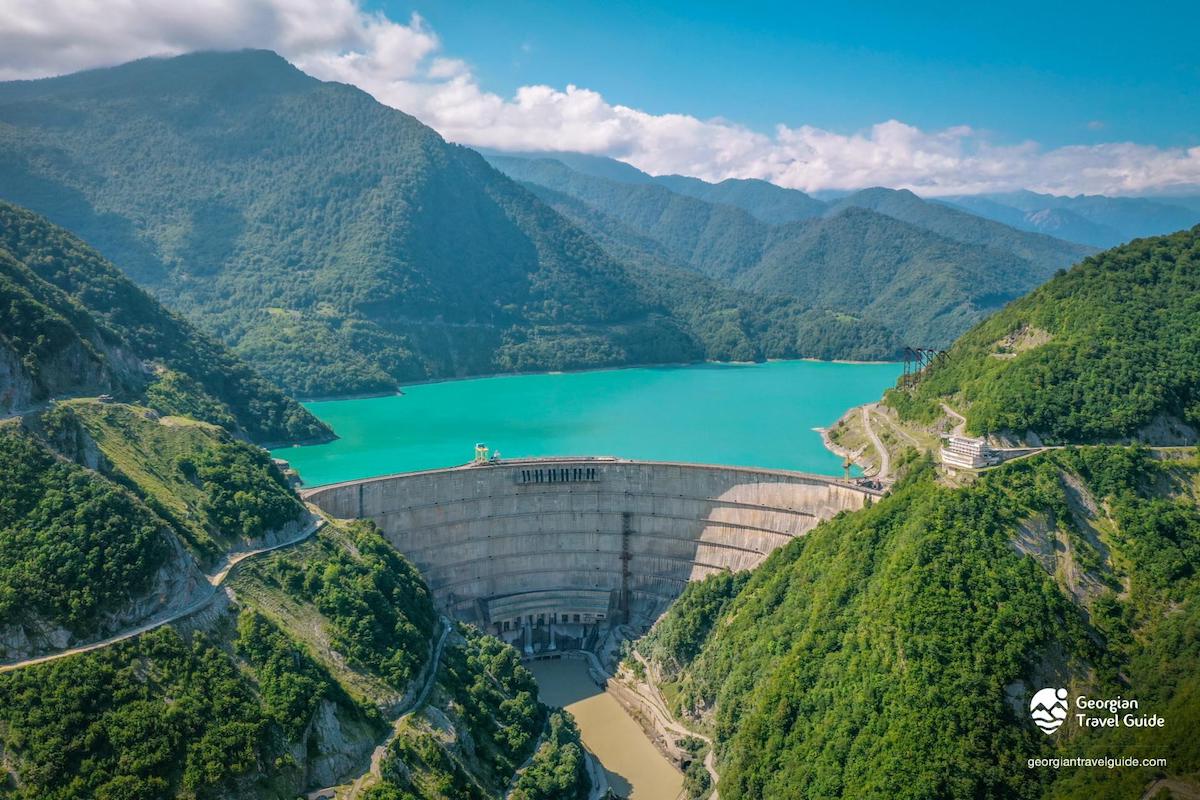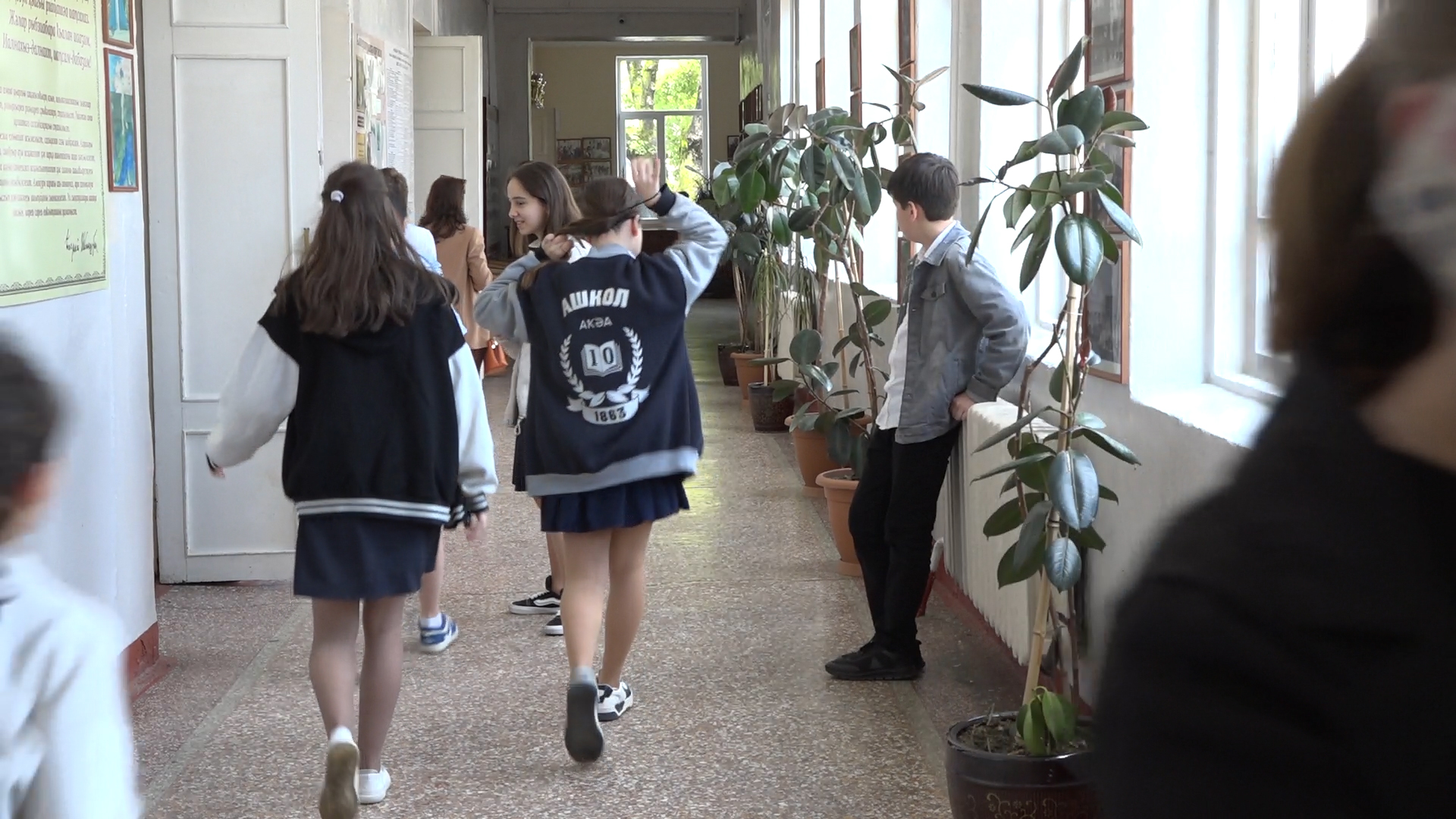Abkhazia on the brink of an energy collapse
Abkhazia faces power outages
Abkhazia faces an imminent energy crisis, potentially leaving the region without power for up to 16 hours a day unless funds are secured to purchase electricity from Russia.
Amid strained relations, Russia has ceased providing “humanitarian electricity aid” and introduced market-based tariffs.
The water level at the Inguri Hydropower Plant, Abkhazia’s sole electricity source, has dropped to 410 meters—an emergency level. If it falls further, the plant will have to shut down.
The Inguri HPP is uniquely positioned in the Georgian-Abkhaz conflict zone: the dam lies in Tbilisi-controlled territory, while its five generators are in Abkhaz-controlled territory. Despite the unresolved conflict, a 30-year informal agreement allocates 40% of the plant’s output to Abkhazia and 60% to Georgia.
However, the Inguri River, which powers the plant, sees reduced flow in winter, limiting energy production. At the same time, Abkhazia’s energy consumption has surged from 2 to 3 billion kWh in recent years, primarily due to uncontrolled cryptocurrency mining.
Abkhazia relies on Russia for its energy shortfall. Previously, part of the electricity supply was purchased at a discounted rate, while some was provided free as socio-economic aid.
However, after Abkhazia failed to fulfill certain commitments to the Kremlin—such as passing a law allowing Russians to purchase residential property—this “humanitarian supply” ended.
Russia now sells electricity to Abkhazia at a market rate of 4 rubles (approximately $0.04) per kWh.
This cost is steep for Abkhazia. Over 500 million rubles (about $5 million) have already been spent on electricity, and at least another billion rubles (around $10 million) will be needed to last until March, when output from the Inguri Hydropower Plant is expected to rise.
Despite efforts to conserve power, including implementing four-hour rolling blackouts since November 1, the financial burden remains significant.
The government of Abkhazia, already grappling with a political crisis, is scrambling to secure funds to pay for the next batch of electricity imports. Without this payment, the region could face power availability of only seven to eight hours per day.
The situation is further exacerbated by Russia’s near-complete suspension of financial aid to Abkhazia, including salary supplements for public sector employees and security personnel. As a result, the government must not only find funds to purchase electricity but also to independently cover wage payments.
“If we continue to focus our efforts on securing funds for purchasing electricity, we must frankly admit that we won’t be able to pay salaries,” stated Finance Minister Vladimir Delba.
Acting Prime Minister of Abkhazia, Valery Bganba, suggested that due to the ongoing energy crisis, the government might need to declare a state of emergency in the energy sector.
Terms, place names, opinions and ideas suggested by the author of the publication are their own and do not necessarily coincide with the opinions and ideas of JAMnews or its individual employees. JAMnews reserves the right to remove comments on posts that are deemed offensive, threatening, violent or otherwise ethically unacceptable





















